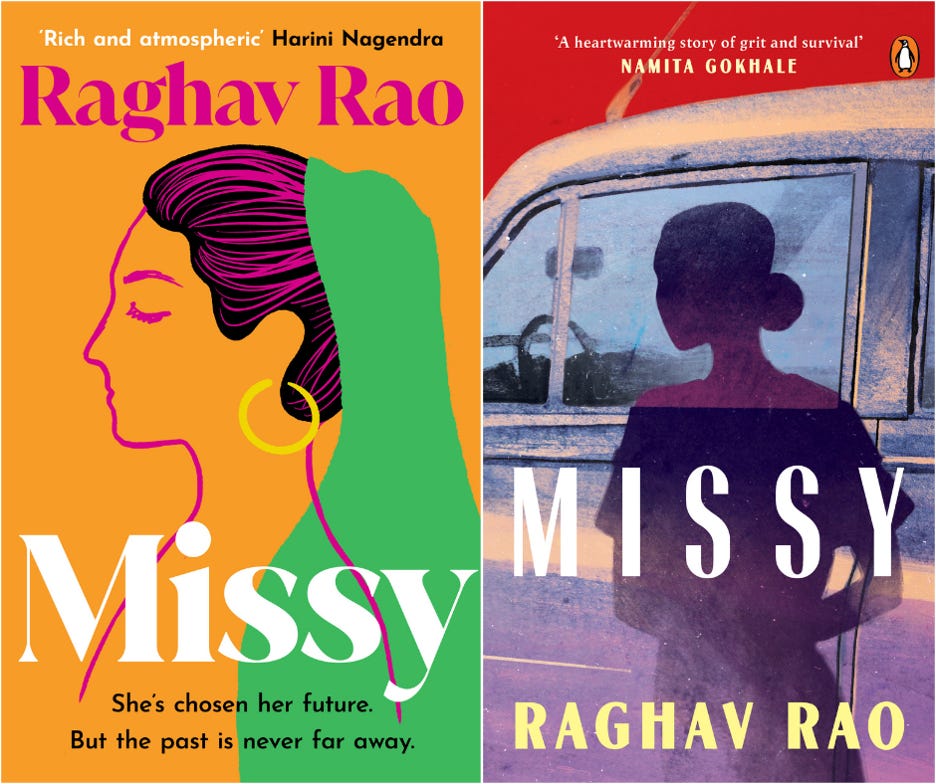Callbacks in The Wire & Shakespeare - Chiasmus & Antimetabole
The Fractal Nature of Great Narrative Art
A core lesson for me, in my writing practice and in my study of superior story-crafters, is that the micro scale mirrors the macro.
You no doubt recognize the following:
Fair is foul and foul is fair. (Macbeth)
"Ask not what your country can do for you, ask what you can do for your country.” (Kennedy’s inaugural address)

These are examples of antimetabole which is the repetition of words in successive clauses, but in transposed order. You don’t need to know this word to intuitively feel its rhetorical effectiveness.
Why? Why does transposition create trust/credibility/the solid ring of truth?
I think we like patterns because they confer structure and sense on the world. The joy of narrative art is often in seeing a master craftsman draw elements from the real world (which is wanton and random) and impose order and make its parts sing.
But Shakespeare didn’t just do Antimetabole & Chiasmus (the repetition of structures without necessarily the repetition of the words themselves); he did situational callbacks. So creating parallel, repeating scenes that echo each other.
So, for example, Portia pleading with Brutus mirrors Calpurnia pleading with Caesar; that’s a form of conceptual Chiasmus.
We see this all the time in narrative art. The Wire does it best, in my opinion, using it to draw parallels across institutions so that a morning briefing in the Western Police district is made to mirror the tedium/horror of a staff meeting at a public school.
Good writers do it all the time on the sentence level, on the scene level, AND on the theme level — hence making all the parts refer to each other — and creating a fractal-like structure.
Shakespeare sometimes does all at once!
For example, in the opening scene of Julius Caesar, the “mob”, the regular people of Rome are out and about in the streets to celebrate Caesar and a tribune criticizes them. He says, You blocks, you stones, you worse than senseless things!
Then, quite a bit later, Marc Antony, addressing a similar mob gathered around Caesar’s body, says to them. You are not wood, you are not stones, but men!
There’s an inverted callback here; and not only does it invoke the earlier language, it has a narrative and thematic consequence.
Narratively, in the opening scene, the Tribunes who chastise the rabble are underrating their power for insurrection. Marc Antony inflames them using the inversion. This drives the plot forward; it also has a larger thematic contribution to the play, pointing to the power of everyday, working citizens, something that must have played nicely to the Elizabethan crowd in the yard.
The Wire has many callbacks, skillfully crafted across its many seasons. For example, in Season 4, a cop begins her work in the Homicide department. A veteran investigator tells her that she needs “soft eyes”, saying, "You got soft eyes, you can see the whole picture. You got hard eyes, you’re staring at the same tree, missing the forest.”
This is echoed by a veteran teacher at the Edward Tilghman Public School who tells a new teacher that it helps to have “soft eyes.”
Now, on one level, this is a pure callback. On another, it draws institutional parallels. But on yet another, it is the show’s creators instructing us how to view the show.
As I hammer home to students (and a few write it down) — great art instructs us on how to read it.
All this to say is that what happens on the micro level, the word and sentence, if that is mirrored on subsequent levels, it creates a fractal feeling of connectedness that is satisfying and effective.
Please Review and Rate MISSY:
When will I stop asking my readers to help me out? Probably never.
The algorithm is a fickle master. Even if you just click the following links, without buying anything, even if you’re from a different country, it helps the overall algorithm.
If you have read MISSY and enjoyed it, then please leave a review and rating on Goodreads and Amazon. You may think it inconsequential; nothing could be further from the truth. Every review helps me and my agent improve our pitch to US publishers.
The best online retailers for my book are currently Waterstones and Blackwells. If you’re in Chicago, you can get a copy from me directly at a discounted rate. Here’s the India pre-order link.


